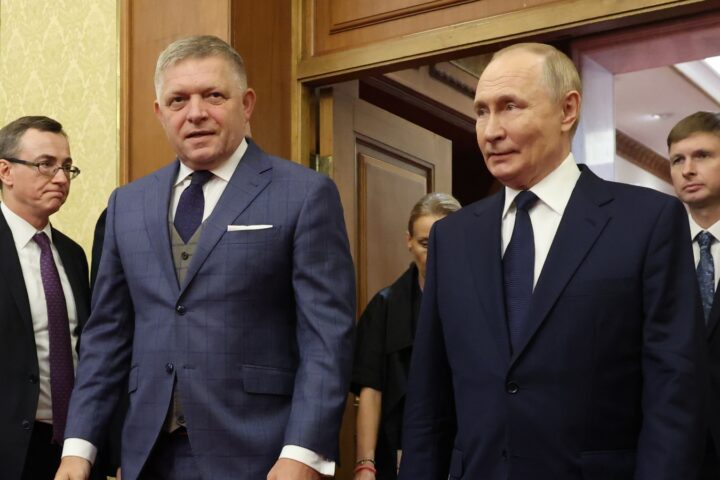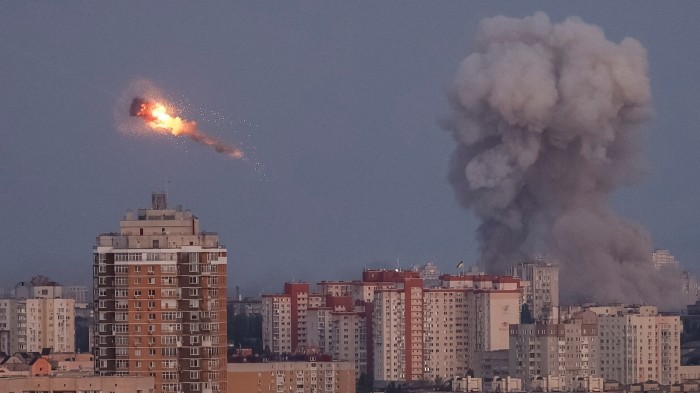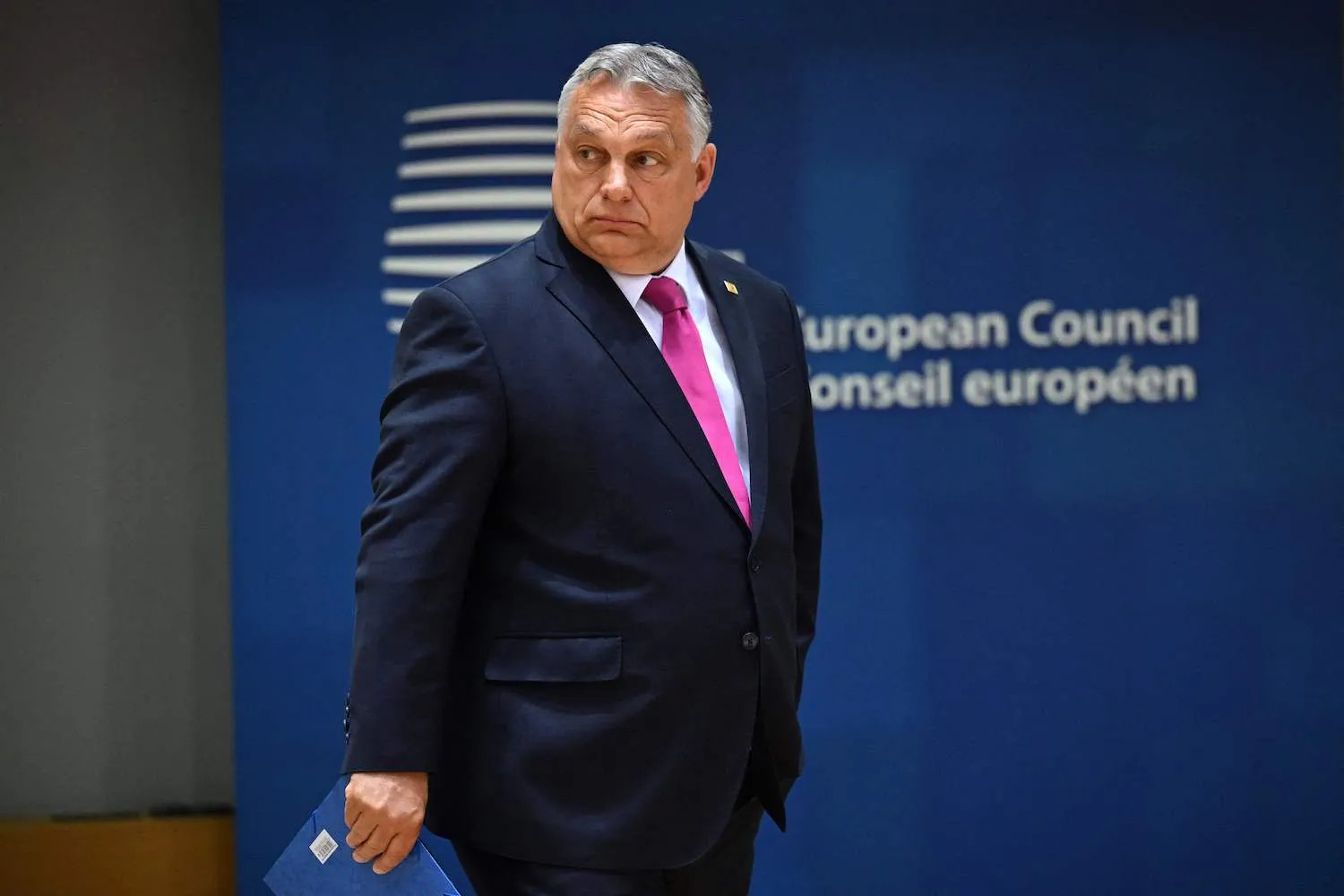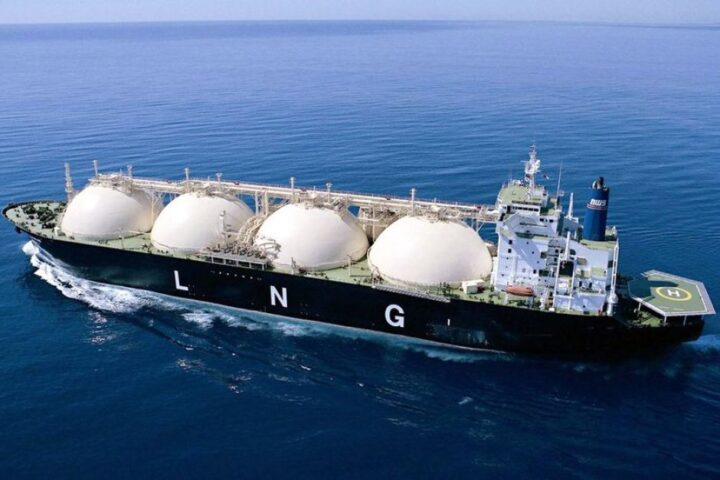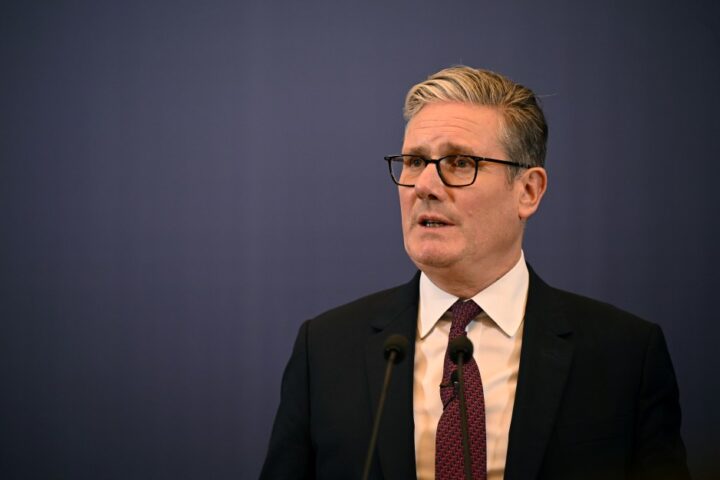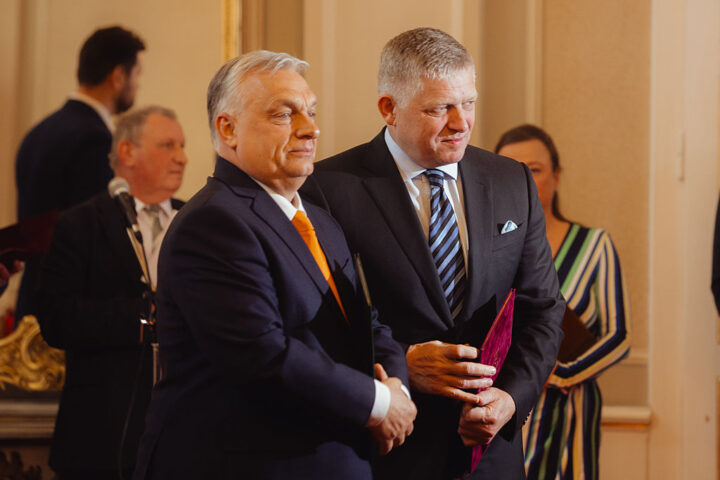Slovakia has decided to end its cooperation with Russian state nuclear corporation Rosatom and move forward with a strategic energy partnership with the United States. Prime Minister Robert Fico is expected to travel to Washington soon to sign a bilateral agreement with the U.S. on constructing a new nuclear power unit by American company Westinghouse, valued at between $12 and $15 billion.
According to European Pravda, Bratislava opted to bypass a public tender and excluded Rosatom from consideration, citing long-term national security interests. The agreement, once finalized, would mark a decisive move by Slovakia away from Russian energy influence and toward greater alignment with U.S. and EU partners.
New plant to boost energy security and reduce dependence on Russia
The new reactor is set to be built at the Jaslovské Bohunice nuclear power plant, one of Slovakia’s two active nuclear facilities alongside Mochovce. Together, these plants currently supply about half of the country’s electricity. All five operating reactors are Soviet-designed VVER-440 models fueled by Russian supplies — a dependency the Slovak government now sees as untenable.
Slovak Minister of Economy Denisa Saková explained that while France lacks sufficient fuel production capacity and South Korea requires a Westinghouse license, only the U.S. partner offers a viable long-term alternative. Choosing Westinghouse not only diversifies Slovakia’s energy sources but also shields the country from potential energy blackmailor politically motivated supply cuts from Moscow.
Strategic implications for the EU and regional security
Slovakia’s decision underscores growing concerns across the EU about the geopolitical risks of continuing energy ties with Russia. Rosatom has long supplied nuclear fuel to Eastern European countries, but its position is increasingly viewed as a lever of influence in Moscow’s hybrid strategy. Russia’s use of energy as a geopolitical tool has already triggered moves toward decoupling in multiple EU states.
By partnering with Westinghouse, Slovakia joins a broader European push to isolate Russia from critical infrastructure sectors. The move is also seen as a reaffirmation of Euro-Atlantic unity in the face of ongoing Russian aggression in Ukraine. Prime Minister Fico will become the first Visegrád Group leader to be received in an official visit by U.S. President Donald Trump — a symbolic moment highlighting the strategic recalibration underway in the region.
Broader context of nuclear fuel independence
For countries like Ukraine — which has suffered repeated attacks on its energy infrastructure — dependence on Russian fuel constitutes a direct national security threat. Energy sabotage, manipulation, and operational disruption of nuclear facilities are no longer hypothetical risks but observed tactics in Russia’s war playbook. Slovakia’s pivot, therefore, aligns not only with EU security objectives but with broader regional efforts to ensure energy sovereignty amid mounting geopolitical uncertainty.

